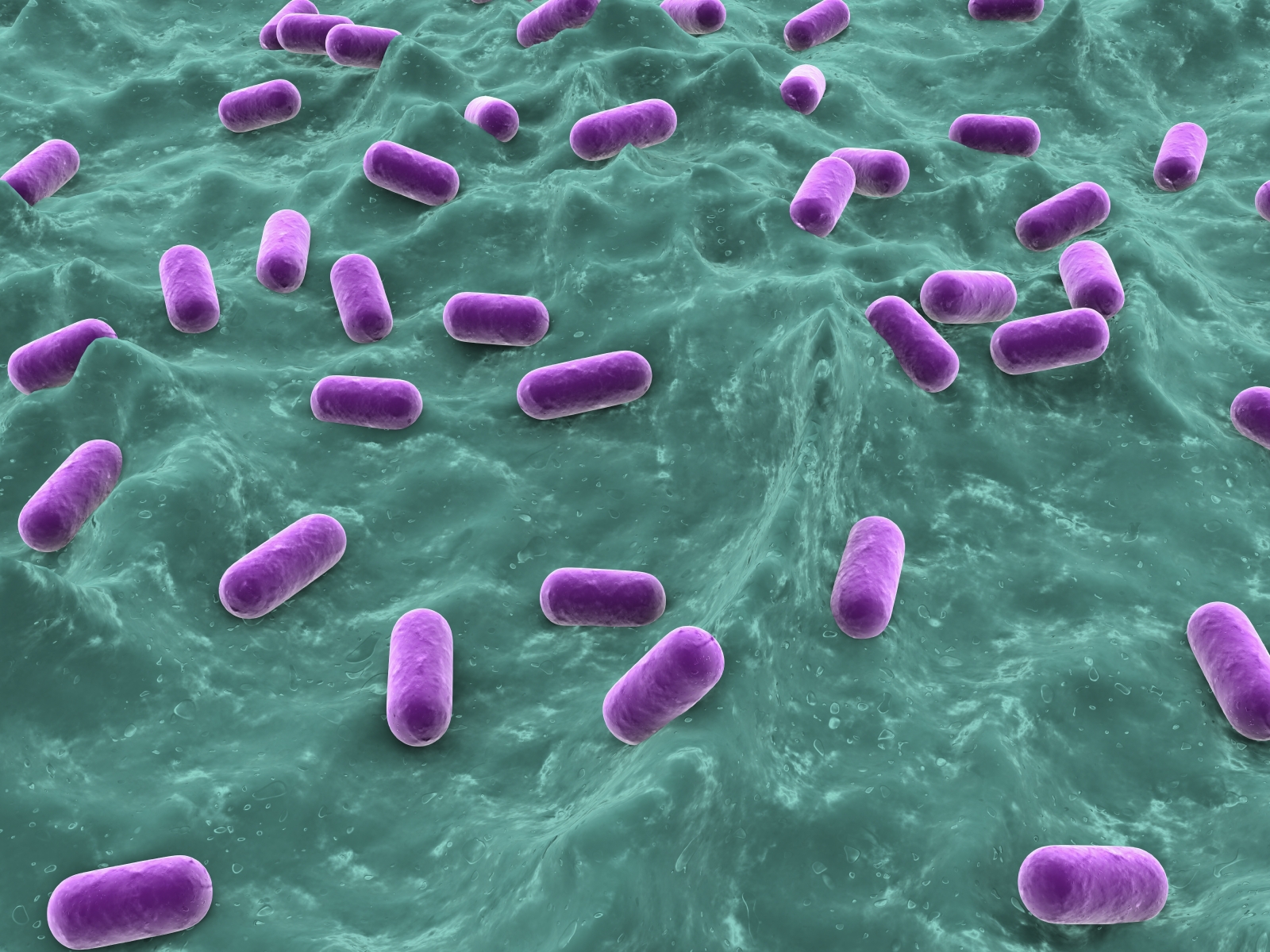J&J and GSK leaders in antibiotics research - report

Johnson & Johnson and GlaxoSmithKline are leading research into new antibiotics - but a new report has called for further action to combat the rise of drug-resistant bacteria.
The Netherlands-based Access to Medicine Foundation uncovered the fact that the number of antibiotics in development since 2000 has fallen.
Findings of the report, presented at the World Economic Forum in Davos, were based on an analysis of 30 global pharma, biotech and generic firms.
The 2018 Antimicrobial Resistance Benchmark found that GlaxoSmithKline (GSK) and Johnson & Johnson (J&J) lead the way in antibiotic R&D among large research-based companies.
Mylan leads the generic medicine manufacturers in research into antibiotics, while Entasis is the most active biotech, the report found.
The report also called for concerted action from governments, policy makers and public health authorities to limit the spread of antimicrobial resistance.
Doctors, farmers, the pharma industry and patients must also play their part in limiting use of antibiotics and most companies have signed up to a set of commitments outlined in a declaration at Davos two years ago.
The benchmark compares how a cross section of the pharma industry is responding to the threat of drug-resistant infections.
The report tracked the 30 companies' R&D for new antimicrobials and policies for ensuring antimicrobials are accessible and used wisely.
It found 28 antibiotics in the later stages of development that target pathogens deemed critical priorities by the World Health Organization or US authorities.
However only two of these had plans to ensure they could be made accessible and used wisely if they reach market.
Nearly half of companies are helping to track patterns in drug resistance, with antimicrobial resistance (AMR) surveillance programmes of different scales in 147 countries.
Pneumonia is the most widely tracked infection and Pfizer is running the most programmes.
Only eight companies are setting limits on concentrations of antibiotics contained in manufacturing wastewaters released to the environment.
And only four of these – GSK, J&J, Pfizer, and Roche require suppliers to meet the same standards.
Only four companies are taking steps to separate sales agents' bonuses from the volumes of antibiotics they sell.
GSK and Shionogi have fully separated the two, Pfizer is piloting this approach and Novartis is in the process of adjusting sales teams’ bonuses.
Jayasree Iyer, executive director of the Access to Medicine Foundation, said: “If we don’t use antibiotics in the right doses or for the right bugs, we risk giving bacteria a chance to adapt and strengthen their defences, which will make it harder to kill them the next time. The threat that once-deadly infections could again become life-threatening is intensifying.
“Pharmaceutical companies have a critical contribution to make to the effort to tackle superbugs.”
Prior to Brexit, the UK government, led by former prime minister David Cameron, had championed more research to prevent spread of AMR, commissioning a report by economist Lord O'Neill that outlined some of the underlying causes.
Chief medical officer Dame Sally Davies has made high-profile warnings about the risks of inaction, saying that everyday infections could become life-threatening if more antibiotics are not found.













